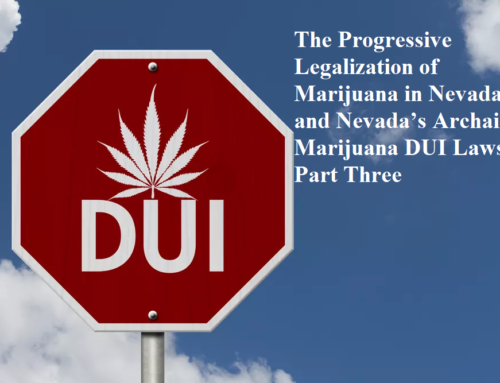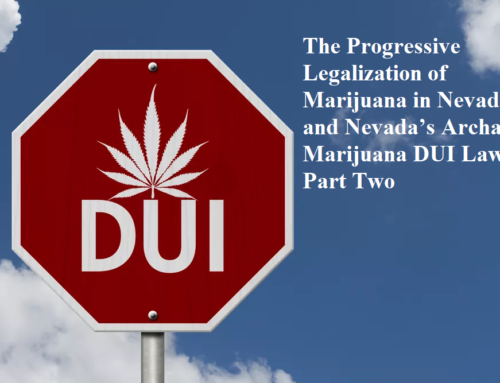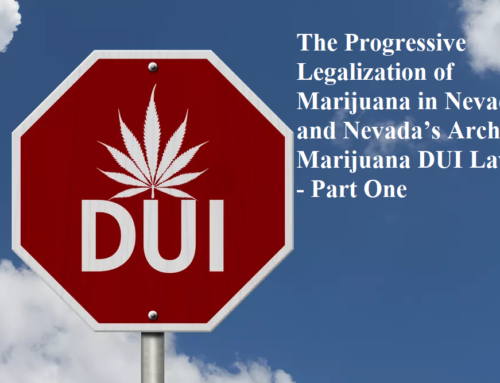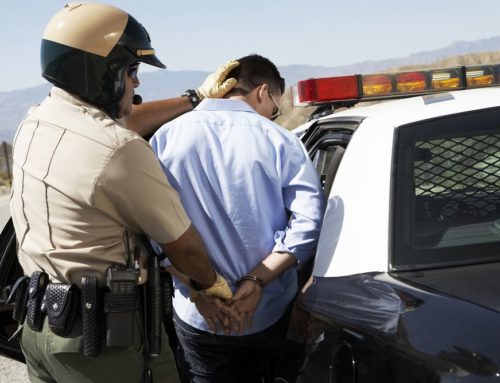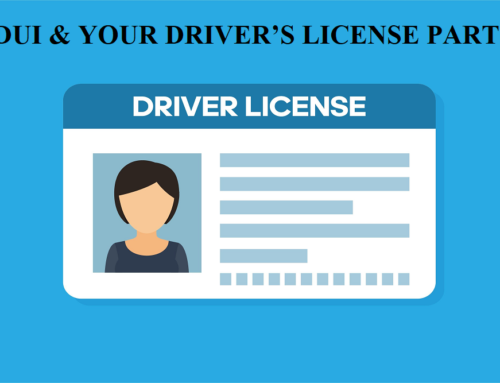In our previous Blog, we discussed the fact that an individual can be charged and convicted of DUI without having ever driven his or her vehicle at all. These are limited cases where, although the individual never drove his or her vehicle, a Court determines that the individual had “actual physical control” of their vehicle nonetheless. Please read our previous Blog for an analysis on what constitutes “actual physical control” of a vehicle under Nevada’s DUI law. The purpose of this Blog is to provide express instructions on how to avoid a DUI in circumstances where the individual truly intends to “sleep it off” in his or her vehicle.
So . . . the first rule is, do NOT try this. Plan ahead, know thyself, blah, blah blah . . . If you are going out and plan to drink, take a Uber. If you are going out and unexpectedly drink, leave your car where it is and take a Uber home. Do not drink and drive under any set of circumstances. The rewards for getting your vehicle home are nil and the risks are legion. That being said, not everyone makes the best decisions after they have been drinking. Moreover, most individuals that have been drinking, based on my professional experience, would swim through a lagoon filled with great white sharks before they left their car at the scene. Thus, below are instructions on what to do when you find yourself in a situation where you MUST sleep it off in your vehicle.
Although the case law and factors for assessing whether an individual is in “actual physical control” of his or her vehicle have not changed, in 2015 the Nevada legislature enacted a law that specifically defines when a motorist is NOT in actual physical control of a vehicle.
A person shall be deemed not to be in actual physical control of a vehicle if:
1. The person is asleep inside the vehicle;
2. The person is not in the driver’s seat of the vehicle;
3. The engine of the vehicle is not running;
4. The vehicle is lawfully parked; and
5. Under the facts presented, it is evident that the person could not have driven the vehicle to the location while under the influence of intoxicating liquor, a controlled substance or a prohibited substance.
I would think the first three factors are self-explanatory. Keep the keys in your pocket and go to sleep in ether the passenger seat or the backseat. To be even more safe, I would place the keys in the trunk, get in the passenger seat or backseat and then lock yourself inside. The fourth factor has less to do with how you drive/what you do after you have been drinking, and more to do with how you drive when you are sober. If you find yourself explaining to a cop how your vehicle ended up “parked” in somebody’s front-yard then you need to shut-up and allow the officer to handcuff you. Just remember when you park your vehicle at the beginning of your evening, make sure it is properly parked in a parking space where vehicles can remain overnight. I underline “properly” to emphasize that the vehicle needs to be parked within the designated boundaries or aligned with the curb properly if there are no designated boundaries. You should also make sure that you are not parking in front of a coffee shop at midnight that only allows 15-minute parking after 6:00 am. You need to make sure that the parking space is legal both when you park and legal when you wake-up.
The fifth factor is a lot like the fourth factor. You cannot throw your vehicle in park while stopped at an intersection for a red light, turn the engine off, hop in the backseat and think you will be safe. Your vehicle needs to be properly parked in a legal parking space. It is okay if you are outside a bar. Just as long as the vehicle is parked in a fashion that is consistent with a sober person arriving and lawfully parking his or her vehicle. Finally, do not worry about technical issues like “what if I have not fallen asleep by the time law enforcement arrives?” If you can satisfy factors two through five, no Judge is going to convict you simply because you had not fallen asleep yet.
However . . . please also understand that falling asleep and waking up in your vehicle does not automatically reset your blood alcohol content to 0.00. The average human eliminates alcohol from their system by approximately 0.015 grams per millimeter per hour. So . . . if you drank until your blood alcohol content was 0.15 (not an unusually high level), it would take about ten hours for you to eliminate all of the alcohol from your system, approximately five and a half hours for you to reduce your blood alcohol content to close to the legal limit. If you drank until your blood alcohol content was 0.08, Nevada’s legal limit, it would take about five and a half hours for you to eliminate all of the alcohol from your system. Thus, even if you do “sleep it off” in your vehicle, the most prudent thing for you to do when you awake is call a friend or family member to come get you and your vehicle. The purpose of this Blog is to educate you on how to avoid a DUI, not how to get a DUI the next morning.


